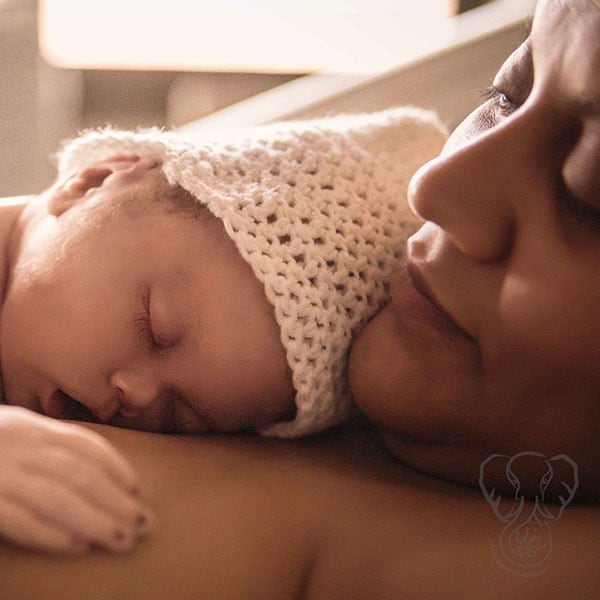Stillbirth: Adrian’s Story
The loss of a baby due to stillbirth remains a sad reality for many families and takes a serious toll on families’ health and well-being. Read Miranda’s story about the loss of her son Adrian through stillbirth.

My son Adrian was stillborn at the end of a full-term pregnancy (40 weeks of pregnancy) due to complications from undiagnosed preeclampsia. Preeclampsia happens when a woman who previously had normal blood pressure suddenly develops high blood pressure and protein in her urine or other problems after 20 weeks of pregnancy. Preeclampsia symptoms can vary; my blood pressure was only slightly higher than it should have been and I didn’t have protein in my urine.
We had a fairly “textbook” pregnancy, only complicated by intense swelling in my ankles and some lower back pain. I started developing additional symptoms of preeclampsia (headache, nausea, pain in the upper stomach area, swelling of my face and hands) in my ninth month of pregnancy. But my symptoms were so minor that my healthcare providers did not make the connection to preeclampsia.
You know your body best. If you experience something that seems unusual or is worrying you, don’t ignore it. If you’re pregnant or gave birth within the last year, it’s important to talk to your healthcare provider about anything that doesn’t feel right.
Visit CDC’s HEAR HER campaign website for resources for pregnant and postpartum women. .
I was 35 years old during my pregnancy. My providers recommended I be induced at 39 weeks pregnant due to my age. No one mentioned the risk of stillbirth, and none of my providers seemed concerned about my symptoms, so I declined the induction. I wanted my baby to come in his own time. The night before I hit my 41st week of pregnancy, I went to bed with my son actively kicking in my belly. By the time I woke up the following morning, he was dead.
I wish I had known stillbirth is as common as it is. I wish I had known that having multiple symptoms of preeclampsia was a big deal. I wish my providers had explained this to me or had been more concerned. But most of all, I wish more people talked about stillbirth. Stillbirth affects 1 in 160 pregnancies. That’s an enormous number. Stillbirth is so much more than the statistics; it’s a life-changing experience. My son should be here, and he isn’t. And that will affect me for the rest of my life.
CDC would like to thank Miranda for sharing her family’s story.